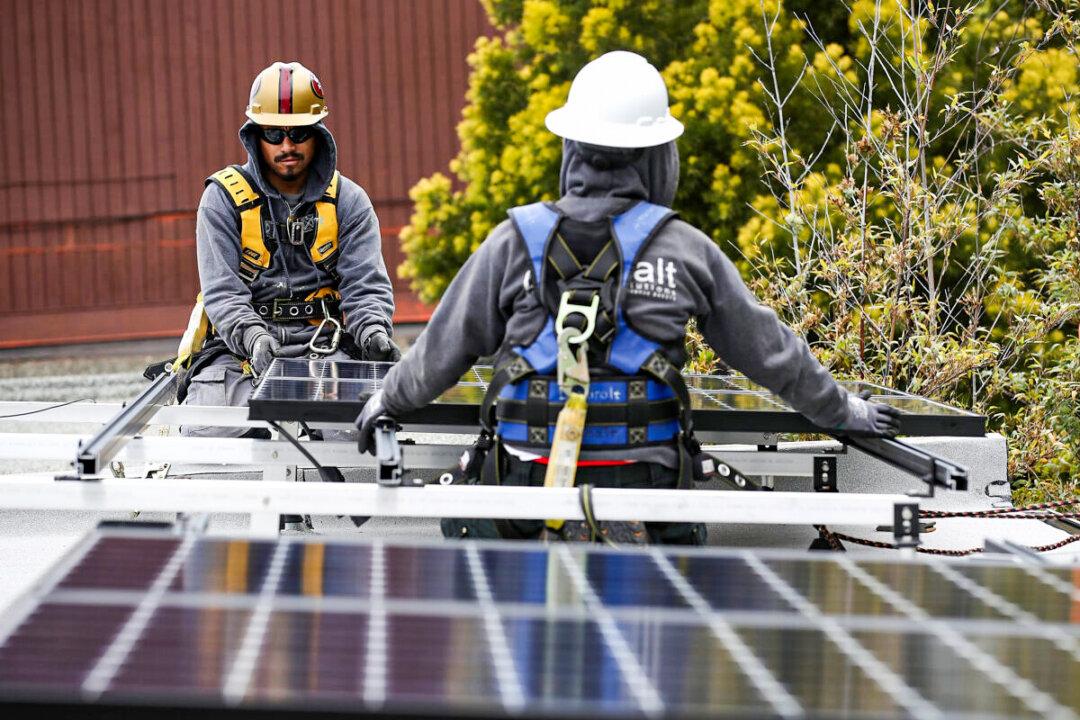President Joe Biden will authorize the Defense Production Act (DPA) to advance his clean energy and climate change agenda, a senior administration official said during a call with reporters.
According to the White House, the president will approve the use of the DPA to expand domestic output of clean energy technologies, including solar panels, heat pumps, transformers, and equipment for utilizing electricity-generated fuels, such as fuel cells and electrolyzers.





